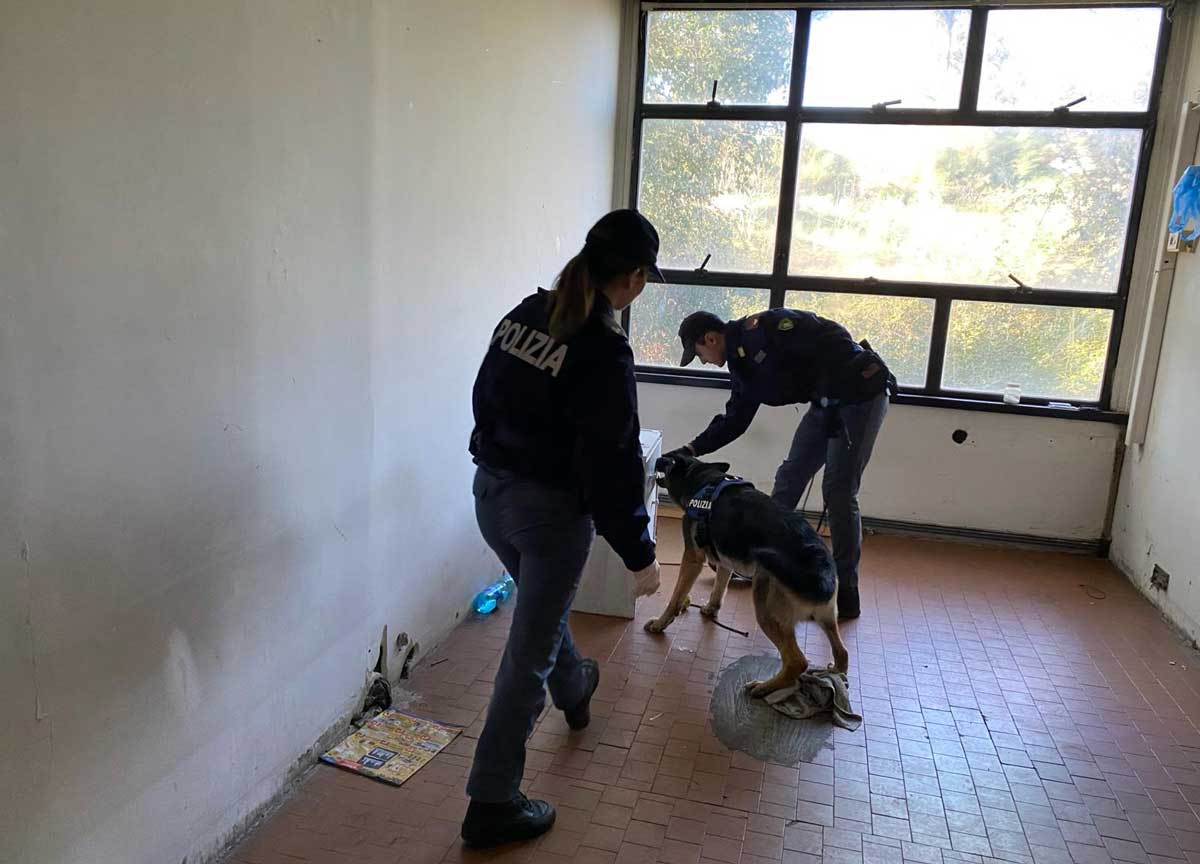Professor of Criminal Justice Matti Tolvanen is aware of only one final conviction handed down in Finland in which a person has been found guilty of a terrorist offense.
Cloth head Suspicions of terrorism are rare on a Finnish scale, says a professor of criminal law Matti Tolvanen From the University of Eastern Finland.
On Friday, the Satakunta District Court arrested five men on suspicion of preparing for a crime committed for terrorist purposes and an intentional explosive offense committed for terrorist purposes. Other criminal offenses in the pre-trial investigation include aggravated firearms for terrorist purposes and aggravated theft.
Read more: Five Finnish men arrested on suspicion of planning a terrorist act, according to police it is a far-right group – The press conference can be viewed in its entirety
According to the Security Police, this is the first terrorist investigation into the far right in Finland. Thirty other terrorist offenses have been investigated by the police in the last 7-8 years, Tolvanen estimates.
Very few cases of terrorist offenses have been dealt with in the courts. Tolvanen is aware of only one final judgment handed down in Finland in which the person has been found guilty of a terrorist offense.
It was handed down from the Turku stabbing attack in August 2017. The Turku District Court convicted a Moroccan-born man of two murders committed for terrorist purposes and eight attempted murders of terrorist purposes.
In others in terrorist cases, the charges have been dropped.
“Some convictions for terrorist offenses have been handed down in the district courts, but the charges have been dropped in the Court of Appeal. The cases have mainly concerned recruitment for terrorist offenses and the financing of terrorism, ”says Tolvanen.
The main reason for the dismissal of the charges has been the failure to prove the link between the activity, such as sending money abroad, to terrorism.
“When it comes to preparing for a terrorist crime that has been to be committed in Finland, it can be said that it is a very rare crime.”
“
According to the Security Police, this is the first terrorist investigation into the far right in Finland.
Terrorist crimes was added to the Penal Code in 2003.
Over the years, the figure has changed several times. The field of punishment has also been expanded since then.
In recent years, for example, traveling abroad to commit a terrorist offense and promoting such travel have been penalized.
“It has been typical of this century that changes have come as a result of international cooperation. We have not applied the figure very much. ”
Because no terrorist offense has progressed to the Supreme Court in Finland, there are no preliminary rulings on terrorist offenses. It is still relatively early to assess whether there would be any such material in Kankaanpää’s criminal suspicions.
“Whenever there is relatively new regulation for which there is no case law, almost any case may end up in court as a precedent,” says Tolvanen.
“In many cases, the difficulty is that they can be very complicated in terms of evidence. This will reduce the likelihood of a preliminary ruling. ”
According to Tolvanen, it is typical of suspected terrorist crimes that the suspect rarely pleads guilty to the crime.
“Then the screen can be very multi-component. The display is usually found on data networks. Based on the news coverage, device search also seems to play a significant role in the investigation of the Kankaanpää case. ”
Cloth head In this case, Tolva is interested in display issues, such as the kind of evidence on which the police and the prosecutor are proceeding and what kind of evidence has been collected, for example, through a device search.
If the suspect has explosives, he should be able to show that the suspect has acquired the explosives to commit a specific crime with a terrorist purpose. The earlier you are on the timeline, the more difficult it is to show that a crime is planned.
Under the Penal Code, a crime has a terrorist purpose if the perpetrator’s intent is, for example, to cause serious fear among the population or to unlawfully compel a government or authority to do or fail to do something.
“Demonstrating a terrorist intent increases the severity factor. In such cases, the purpose may be demonstrated by what the persons have communicated to each other. “
.
#Suspected #criminal #offenses #suspicion #terrorism #Kankaanpää #exceptional #Finland #gathering #sufficient #evidence #proving #terrorist #purpose #complicated #professor






